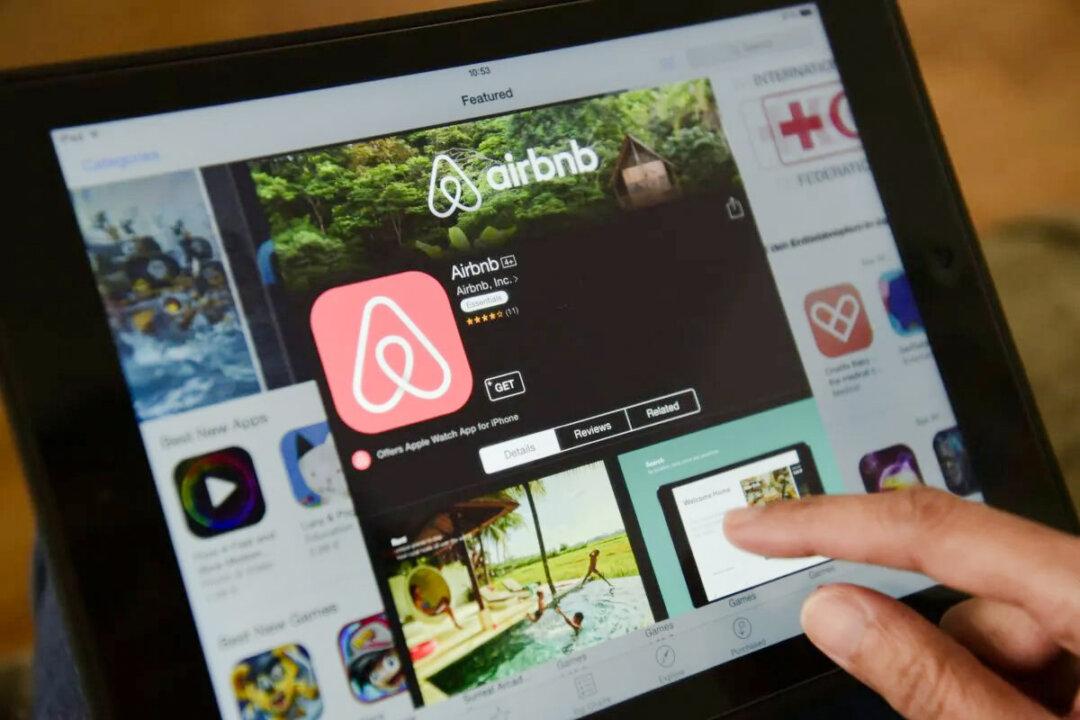The Victorian Parliament is set to debate the Short Stay Levy Bill 2024, which was introduced on Aug. 27.
The legislation proposes a 7.5 percent levy on short-stay accommodation bookings, including those made through platforms such as Airbnb and Stayz, effective Jan. 1, 2025.





